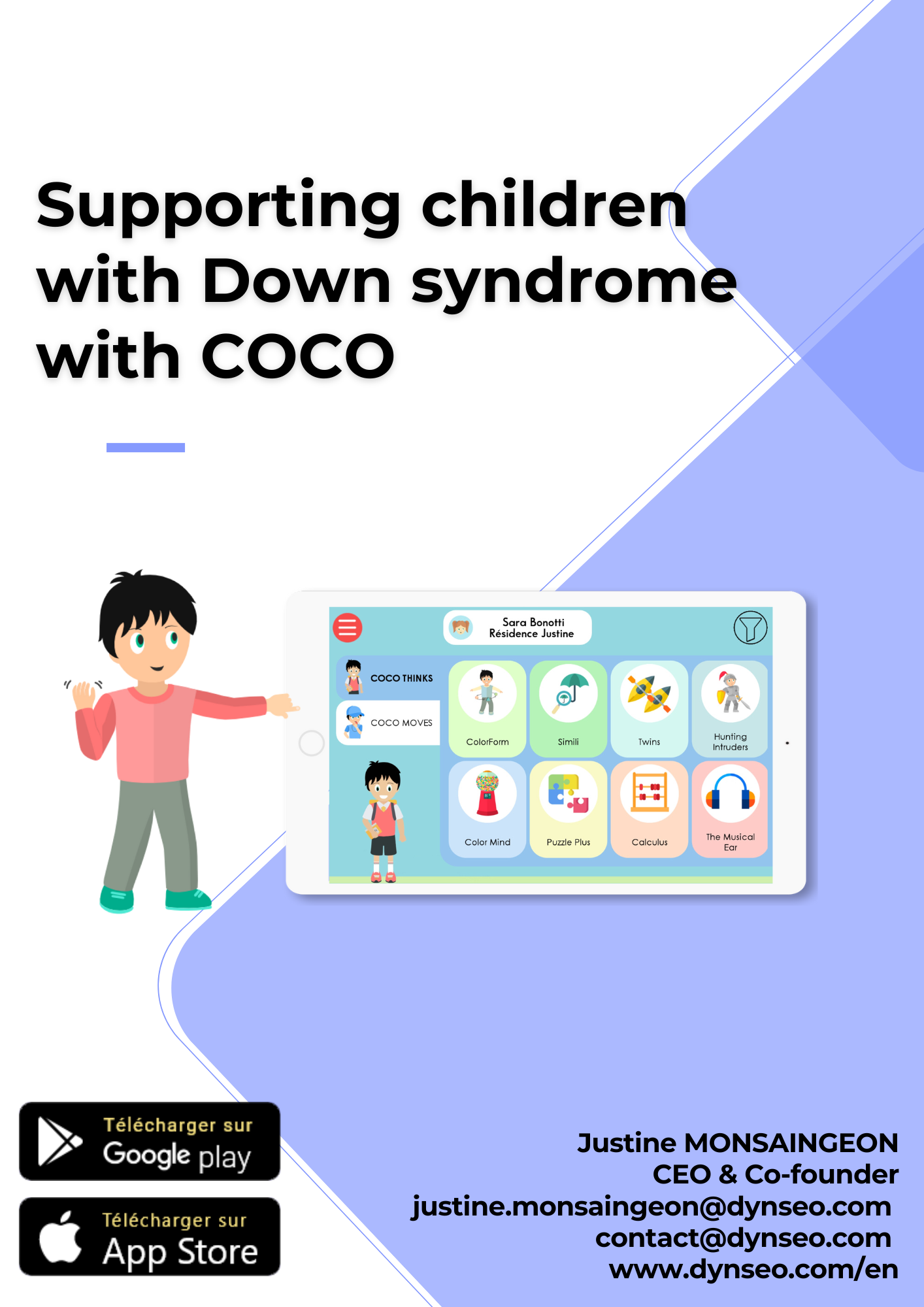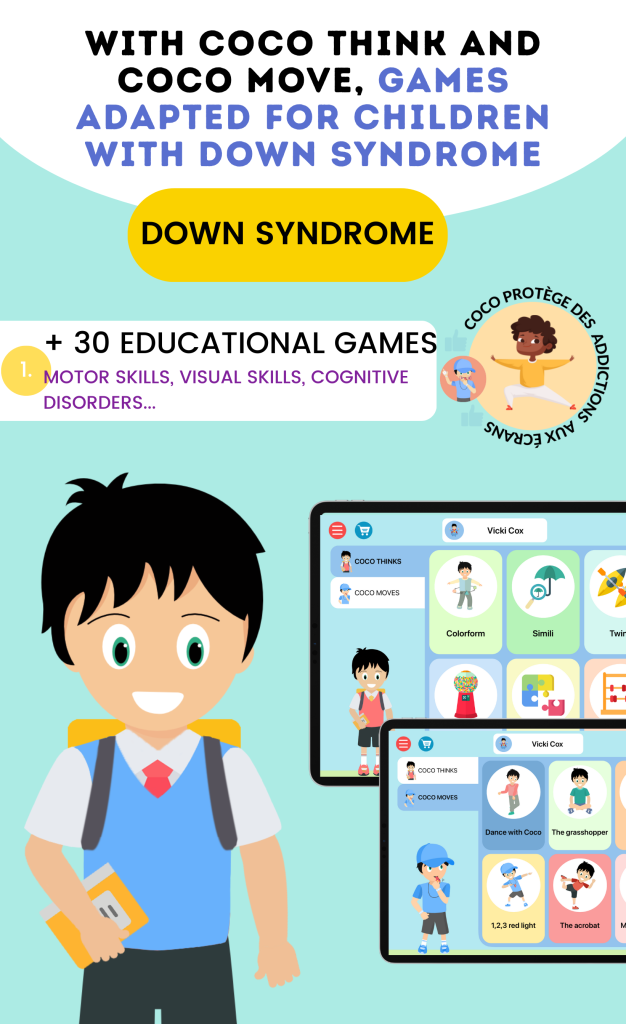When we think about social interactions, we often consider the nuances of communication, body language, and emotional cues. For individuals with Down syndrome, these elements can present unique challenges. It is essential for us to recognize that while they may face difficulties in social situations, they also possess a rich capacity for connection and understanding.By fostering an environment that appreciates their strengths and acknowledges their challenges, we can help them navigate social landscapes more effectively. We must remember that social interactions are not solely about verbal communication. Many individuals with Down syndrome express themselves through gestures, facial expressions, and other non-verbal cues.Understanding these forms of communication is crucial for us as we engage with them. By being attentive and responsive to their unique ways of expressing themselves, we can create a more inclusive atmosphere that encourages meaningful interactions. This understanding lays the groundwork for building relationships that are both fulfilling and supportive.
Creating a Supportive Environment for Social Interactions
Creating a supportive environment is vital for fostering positive social interactions among individuals with Down syndrome. We can start by ensuring that the spaces where they interact are welcoming and accommodating. This includes considering factors such as noise levels, lighting, and the overall layout of the environment.A calm and organized space can significantly reduce anxiety and help individuals feel more comfortable engaging with others. Moreover, we should strive to cultivate an atmosphere of acceptance and understanding. This involves educating peers and community members about Down syndrome, promoting awareness, and encouraging empathy.When we foster a culture of inclusivity, we empower individuals with Down syndrome to participate more fully in social interactions. By modeling respectful behavior and encouraging others to do the same, we can create a community where everyone feels valued and included.Encouraging Communication and Social Skills Development

Providing Opportunities for Social Engagement
To foster social engagement, we must actively seek out opportunities for individuals with Down syndrome to interact with their peers. This could involve organizing group activities such as sports teams, art classes, or community events that encourage participation. By creating spaces where they can connect with others who share similar interests, we can help them form friendships and build a sense of belonging.Moreover, we should consider the importance of structured social events that cater specifically to their needs. These gatherings can provide a safe space for individuals to practice their social skills while enjoying the company of others. Whether it’s a game night, a picnic in the park, or a themed party, these events can serve as valuable platforms for social interaction.By facilitating these opportunities, we contribute to their overall well-being and happiness.◆ ◆ ◆
Facilitating Peer Interactions and Friendships
Facilitating peer interactions is crucial for helping individuals with Down syndrome develop meaningful friendships. We can encourage this by promoting inclusive practices within schools and community organizations. For instance, pairing individuals with peers who are patient and understanding can create a supportive dynamic that fosters connection.By encouraging these relationships, we help break down barriers and promote acceptance among all individuals. Additionally, we should emphasize the importance of shared interests in building friendships. By identifying common hobbies or activities that individuals enjoy, we can create opportunities for them to bond over these experiences.Whether it’s joining a club or participating in group outings, these shared moments can strengthen their connections and lead to lasting friendships. As we facilitate these interactions, we contribute to their social development and emotional well-being.Addressing Social Challenges and Difficulties

Recognizing Challenges in Social Interactions
While promoting social interactions is essential, we must also be prepared to address the challenges that individuals with Down syndrome may face in social settings. It is important for us to recognize that they may experience anxiety or frustration when navigating unfamiliar situations or when faced with social cues that are difficult to interpret. By being aware of these challenges, we can provide the necessary support to help them cope.Fostering Open Communication
We should also encourage open communication about any difficulties they encounter in social situations. Creating a safe space for them to express their feelings allows us to better understand their experiences and offer guidance when needed. By discussing strategies for managing anxiety or improving social skills, we empower them to take an active role in their social development.Empowering Individuals through Collaboration
This collaborative approach fosters resilience and encourages them to face challenges head-on.Collaborating with Families and Caregivers
Collaboration with families and caregivers is essential in supporting individuals with Down syndrome in their social interactions. We must recognize that families play a pivotal role in shaping their social experiences and providing guidance at home. By working together with families, we can create a consistent approach that reinforces social skills both in structured settings and everyday life.Regular communication with families allows us to share insights about their child’s progress and any challenges they may be facing. We should encourage families to share their observations and strategies that have been effective at home. This collaborative effort not only strengthens our support network but also empowers families to be active participants in their child’s social development journey.◆ ◆ ◆




